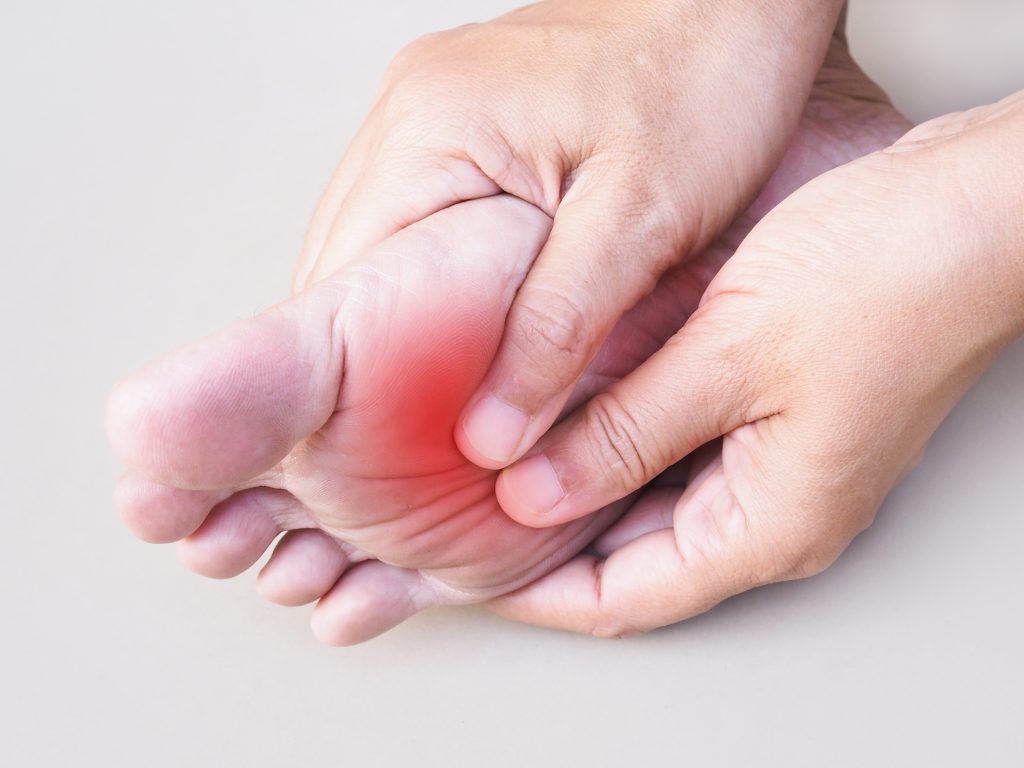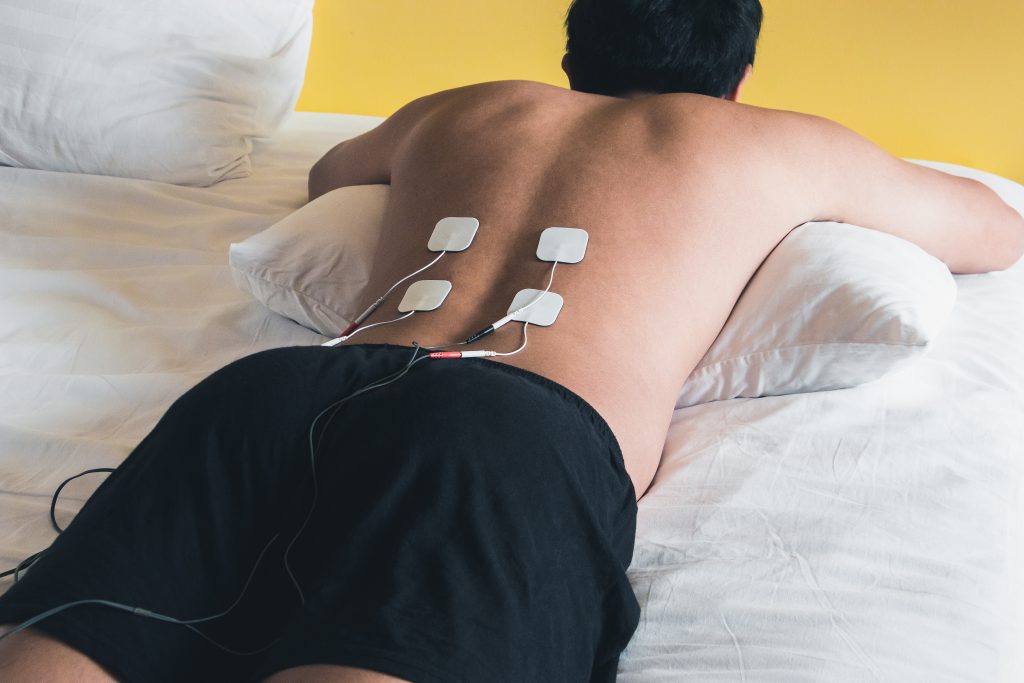5 Types of Nerve Pain

Nerve pain, also known as neuropathic pain, is a type of chronic pain that results from damage or dysfunction of the nerves. There are several types of nerve pain, each with its own unique symptoms and causes. In this post, we will discuss 5 types of nerve pain: peripheral neuropathy, proximal neuropathy, autonomic neuropathy, cranial neuropathy, and focal neuropathy.

Peripheral neuropathy
Peripheral neuropathy is the most common type of nerve pain and affects the nerves in the limbs. Symptoms include numbness, tingling, and burning sensations in the feet and hands. As a result of this type of neuropathy, individuals may develop muscle weakness, a loss of balance and coordination, and difficulty walking.

Proximal neuropathy
Proximal neuropathy affects the nerves that are closest to the trunk of the body. Symptoms include weakness in the hips, thighs, and shoulders. As a result of this type of neuropathy, individuals may develop difficulty rising from a seated position, and difficulty climbing stairs. Pain might include the hips and/or shoulders.

Autonomic neuropathy
Autonomic neuropathy affects the nerves that control involuntary functions of the body, such as heart rate, blood pressure, sweat, temperature control, and digestion. Symptoms include lightheadedness, constipation, dry cracked skin, and impotence. As a result of this type of neuropathy, individuals may develop heart problems, such as an irregular heartbeat, or difficulty controlling blood sugar levels.

Cranial neuropathy
Cranial neuropathy affects the nerves that control the eyes, ears, face, and scalp. Symptoms include double vision, hearing loss, and facial weakness. As a result of this type of neuropathy, individuals may develop vision problems and loss of hearing, or difficulty with speech and swallowing.

Focal Neuropathy
Focal neuropathy is a type of nerve pain that affects one specific nerve or a specific area of the body. Symptoms can vary depending on the affected nerve or area of the body. As a result of this type of neuropathy, individuals may develop nerve pain, muscle weakness, or loss of sensation in the affected area.

Managing Nerve Pain
Treatment for nerve pain can include medications such as anticonvulsants, antidepressants, and pain relievers. Physical therapy, nerve blocks, and nerve stimulation therapies, such as TENS (transcutaneous electrical nerve stimulation) or PNS (peripheral nerve stimulation) may also be effective. In some cases, surgery may be necessary to repair, release, or remove damaged nerves.
Additionally, lifestyle changes such as quitting smoking, losing weight, and controlling diabetes, can help to prevent and manage nerve pain. Increasing levels of antioxidants also helps a great deal.
It is important to consult a doctor for proper diagnosis and treatment for nerve pain. With proper care, it is possible to manage and alleviate the symptoms of nerve pain and improve quality of life.





